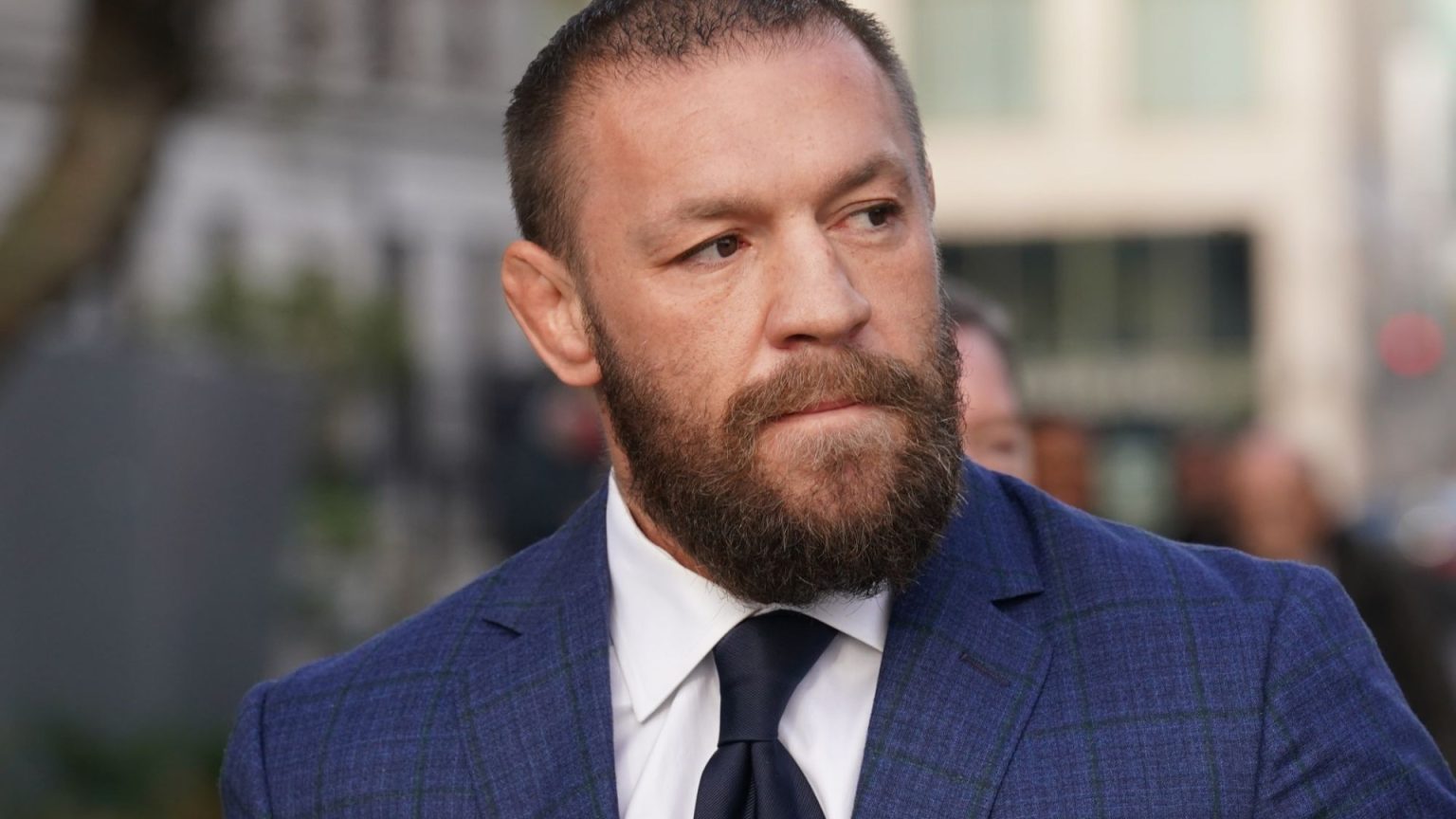Conor McGregor, the renowned UFC fighter, faces a civil lawsuit accusing him of sexual assault stemming from an alleged incident on June 9, 2023, at the Kaseya Center in Miami following an NBA Finals game. The plaintiff, a woman described as a 49-year-old Wall Street professional, alleges that McGregor, aided by his security team, forced her into a men’s VIP bathroom, where he attempted to perform oral sex on her without consent. The lawsuit further claims that when she resisted, McGregor became violent, throwing her against a wall, restraining her in an arm lock, and spitting on her as she tried to escape. This civil suit follows an earlier dropped criminal investigation by the Miami Police and State Attorney’s Office into the same incident. McGregor vehemently denies the allegations, with his attorney characterizing the lawsuit as a fabricated story emerging after nearly two years and multiple lawyers.
The June 2023 incident is not McGregor’s first encounter with accusations of sexual assault. In a separate case dating back to December 2018, McGregor was accused of assaulting Nikita Hand in a Dublin hotel room. While McGregor maintained that the encounter was consensual, a civil jury found him liable for the assault in November 2022, resulting in a nearly €250,000 judgment against him. McGregor has indicated his intention to appeal this verdict. This prior case adds another layer of complexity to the current allegations, potentially influencing public perception and the legal proceedings.
The allegations against McGregor in the Miami incident are detailed and disturbing. The plaintiff claims McGregor’s security team played a crucial role in facilitating the alleged assault by preventing her friend from intervening. This detail, if proven true, could significantly impact the case, potentially exposing McGregor and his security team to further legal consequences. The plaintiff’s description of the alleged assault paints a picture of a violent and coercive encounter, escalating from attempted forced oral sex to physical violence. The lawsuit seeks unspecified damages for the alleged physical and emotional trauma suffered by the plaintiff.
McGregor’s legal team has adopted a strong defensive stance, dismissing the allegations as a fabricated narrative concocted after a considerable time lapse. They point to the earlier dismissal of the criminal case by the State Attorney’s office as evidence supporting their claim of a lack of credible evidence. This legal strategy aims to discredit the plaintiff’s account and portray the lawsuit as an opportunistic attempt to exploit McGregor’s fame and wealth. The stark contrast between the plaintiff’s allegations and McGregor’s denial sets the stage for a potentially protracted and contentious legal battle.
The outcome of this civil lawsuit remains uncertain, with both sides seemingly prepared for a vigorous legal fight. The case will likely hinge on the credibility of witness testimonies, the presentation of any physical evidence, and the effectiveness of the legal arguments presented by both sides. The public scrutiny surrounding the case, fueled by McGregor’s high profile, adds an additional dimension to the proceedings. The court’s decision will have far-reaching consequences for McGregor’s career, reputation, and financial standing.
The allegations against Conor McGregor, both in the Miami incident and the Dublin case, raise serious concerns about the prevalence of sexual assault and the challenges faced by survivors in seeking justice. Regardless of the legal outcomes, these cases underscore the importance of thorough investigations, due process, and ensuring accountability for perpetrators of sexual violence. Furthermore, they highlight the need for a continued conversation about consent, healthy relationships, and creating a culture that supports and empowers survivors of sexual assault.




